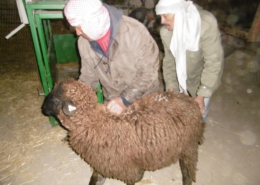SHEEP BREEDERS DEVELOPEMENT GROUP - GDAEBN
For a professional sheep breeding

Context
A neglected sector that a group of breeders is seeking to strengthen
Northern Tunisia is known for its natural resources and its favorable agronomic and climatic conditions, that offer the region a greater potential for agricultural production than the rest of the country. Traditionally a cereal-growing region, the government has given a lot of support to this strategic sector, neglecting the breeding of small ruminants (sheep and goats). For some northern Tunisian farmers, sheep breeding is nevertheless important: in some cases in terms of income, and also because it allows them to use rangeland that can’t be used otherwise as well as enhances the viability of farming systems (integrating forages into rotations, valorizing crops’ residues, etc.), or because it remains culturally important.
In 2011, a small group of farmer leaders created the Groupement de développement agricole des éleveurs de brebis du Nord (GDAEBN) with the ambition of professionalizing sheep breeding. Since its creation, the group has initiated various projects: the organization of mechanical shearing was the starting point for its field action and remains exceptional in Tunisia. Forage production, genetic improvement, advice to breeders, adding value to meat… these are just some of the challenges the group is gradually addressing.
Fert started supporting sheep breeders in the North in 2014, and has been GDAEBN’s partner since 2017.
Objectives
Concrete and tailored services to breeders to improve the technical and economic performance of their farms
Consolidating and developing advisory, training and experimentation services
Steering genetic selection schemes to improve sheep performance
Organizing breeders to federate them and thus contribute to the development of the whole sector and region
Actions
Technical and organizational strengthening of the group, for more efficient services
Fert, with the involvement of CDEO64 and BTPL, is supporting GDAEBN in:
- The development of herd management advice (feeding, watering, reproduction, hygiene, housing, milking, etc.): individual advice, discussion groups, training, exchange visits, etc.
- The experimentation of forage production, including meslin
- The implementation and steering of genetic selection schemes to improve the performance of sheep breeds (Noire de Thibar and Sicilo-Sarde): definition of selection objectives and protocols, performance monitoring and genetic valorization
- The development of other economic services (mechanical shearing, echography, tags assistance, etc.) and support to collective initiatives (group purchasing, shared equipment, etc.)
- Enhancing the value of livestock products: setting up a mobile slaughterhouse, developing a label for Noire de Thibar meat, creating a dedicated SMSA (cooperative) and reflecting on how to add value to wool…
- Strengthening associative life and leadership within the group

GDAEBN
![]() Governorates where GDAEBN operates
Governorates where GDAEBN operates
Capital city, Tunis
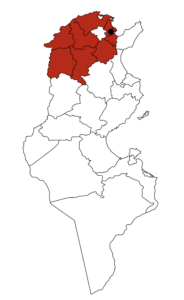
farmers supported, including 60 GDAEBN members
ewes shorn per year
discussion groups
genetic selection programs developed and implemented
Average annual budget
(including Fert support)
PARTNERS :
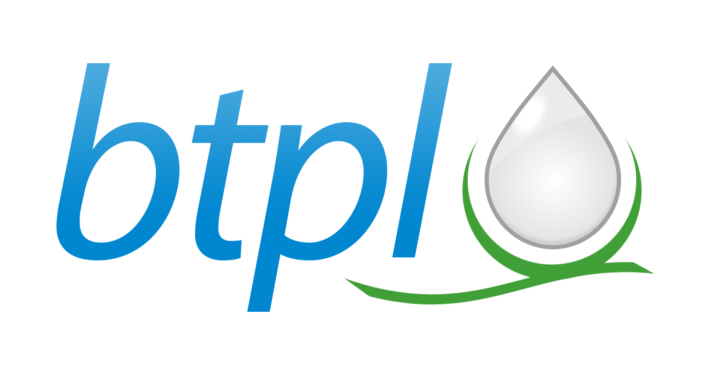
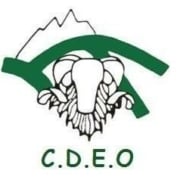
News
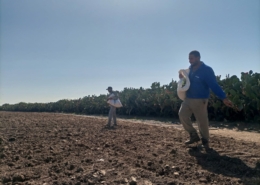
Producing fodder in-farm: a technical and economic advantage for Tunisian livestock farmers
Fert's news, Home page, News Tunisia Agricultural experiment, Agricultural training, Farm advisory TUN_GDAEBN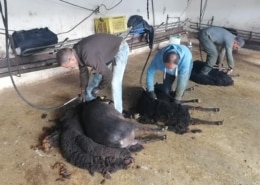
10 years of mechanical sheep shearing in Tunisia
Fert's news, Home page, News Tunisia Sustainable agriculture, Value chains TUN_GDAEBN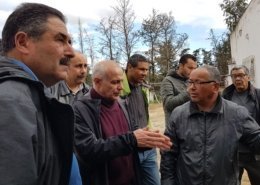
SHARING EXPERIENCES, KEY TO SUCCESS FOR THE GDAEBN – TUNISIA
Fert's news, Home page, News Tunisia Farm advisory TUN_GDAEBN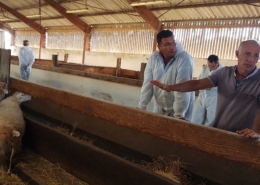
Tunisian sheep breeders visit their peers in the south of France
Fert's news, Home page, News Tunisia Farm advisory, Professional representation, Value chains TUN_GDAEBN